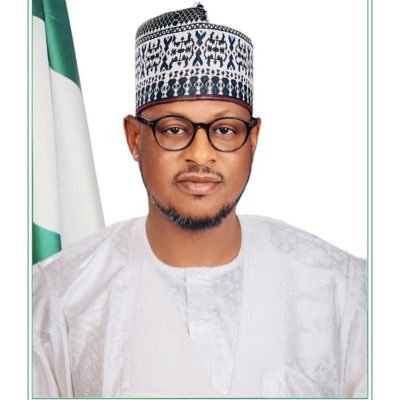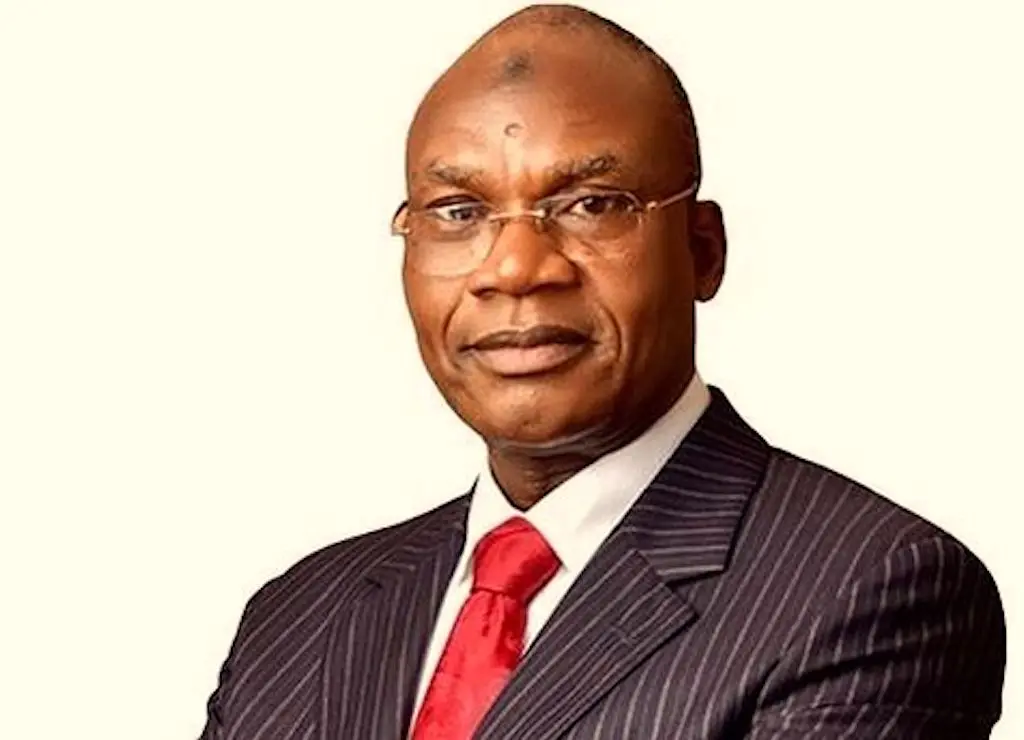When former president Ellen Johnson-Sirleaf, the Harvard University-trained leader, ascended to power in Liberia in 2005, her compatriots celebrated her intention to consign the country’s poor educational standards to history.
Eight years later, during her second six-year mandate in 2013, she made a dramatic turnaround, dubbing the country’s education system a “mess”.
By the time she ended her second term in 2019, stakeholders noted that the system remained at the same level as when she first took office.
Benjamin Wehye, a prominent Liberian educator and president of Licosess College of Education in the suburbs of Monrovia, reflected on the state of education during President Sirleaf’s tenure.
He recalled that in 2013, when the ex-president criticised the education system, an estimated 25,000 Liberian students who sat for the West African Examination Council (WAEC) exams and the University of Liberia entrance exams failed to obtain a passing grade.
This dismal performance prompted President Sirleaf to convene a cabinet retreat aimed at overhauling the system. However, these efforts failed to yield significant results.
In 2013, Liberia participated in the WAEC exams for the first time. The WAEC, established in 1952 in collaboration with British universities, administers standardized exams for middle and high school students in its five member countries: Sierra Leone, Ghana, Nigeria, The Gambia, and Liberia.
Since that time, stakeholders in Liberia’s education sector have grappled with challenges ranging from outdated teaching modules and untrained teachers to low salaries and policy issues, all in an effort to improve the sector.
Wehye attributs the nation’s struggling education system to the “flawed educational foundation” introduced in the Liberian school curriculum from the country’s independence in 1847.
During a program at his institution in November, he justified his claim by pointing to the historical use of Liberian Pidgin English as a language of instruction in early schools. These schools were run by freed slave schoolmasters, many of whom were themselves barely literate.
Liberia’s first higher education institution, Liberia College, was founded in 1862 and later became the University of Liberia in 1951. Despite this early start, Liberia now has one of the highest illiteracy rates in the world.
According to the latest statistics from global education and population think tanks, the country’s adult literacy rate stands at 48.3 percent, compared to a global average of 84.7 percent. The youth literacy rate is 77.46 percent, significantly below the global average of 91.68 percent.
The latest statistics show that 434,475 students attend public schools in Liberia, while 518,865 are enrolled in private schools, 33,065 in community schools, and 347,305 in faith-based schools. Of this total, 51.3 percent are male, and 48.7 percent are female.
Benjamin Wehye pointed out another significant flaw in Liberia’s education system: the failure of policy designers to adopt modern teaching methods, including the introduction of science laboratories and contemporary technologies such as computers in schools.
A recent official report highlights that there are 640 junior and senior public and community secondary schools nationwide. However, only 15 percent of these schools report having functional science laboratories, with wide disparities in equipment availability across counties.
The Zambian-trained educator attributed Liberia’s “mediocre education standard” to the “lack of political will to allocate significant budgets to stimulate positive change through human capital development.”
His observation aligns with remarks by Jarso Maley Jallah, Liberia’s minister of Education, who presented a budget performance report to the Liberian Senate.
Her report covered the purchase and distribution of school supplies, disbursements to schools under the ministry’s authority, the status of volunteer teachers, and enrollment and procurement programs for public and private schools.
For fiscal year 2024, Liberia allocated 108.4 million euros to the education sector, accounting for 15 percent of the total recast budget for the year. Jallah disclosed that out of the 32 institutions receiving government subsidies through the ministry, only 11 have received disbursements, with a total of 370,381 euros disbursed so far.
Jallah also revealed that Liberia has 6,192 volunteer teachers, with 80% being male and the remainder female. These teachers are responsible for teaching over 1.3 million students across the country.
Of these, 3,213 volunteer teachers possess only high school credentials and “C” certificates. Meanwhile, 31 volunteers hold master’s degrees, and 1,521 have associate or bachelor’s degrees but lack teaching experience.
Before her appointment as Minister earlier this year, the total number of volunteer teachers and their qualifications were unknown. The ministry has since prioritized transitioning teachers with “C” certificates onto the government payroll.
Some of these teachers now receive a monthly salary of 175 euros per month, in accordance with Civil Service Agency (CSA) standards. Most of the volunteer teachers identified are from primary schools.
“It will also interest you to note that these ‘C’ certificate instructors are teaching higher grades up to 9th grade, which they are not certified to teach. That’s the problem we are working to solve,” Jallah explained. She also noted that 10.5 million euros is required to train 1,521 volunteer teachers to obtain “C” certificates.
Stakeholders agree that addressing disparities between urban and rural schools is critical to improving Liberia’s literacy rate.
According to the 2022 Liberia Population and Housing Census, 40.7 percent of students attend school in urban areas, compared to only 27.2 percent in rural areas. The dropout rate in rural areas stands at 15.6 percent, compared to 13 percent in urban areas.
In response, Minister Jallah stated that her ministry has launched an enrollment drive focused on rural areas, distributing bags and books directly to students to encourage attendance.
“We aim to keep the communities informed and ensure kids stay in school,” she said. The minister emphasized that Liberia’s education system requires “small, smart, and scalable solutions” and leadership that transcends partisan politics to address systemic gaps and inequities.
Local stakeholders also advocate for partnerships with international education organizations to provide technical support and resources.
They believe such partnerships, supported by funding from local businesses, could help build libraries, equip science labs, and enhance extracurricular programs, making these aspirations a reality.





